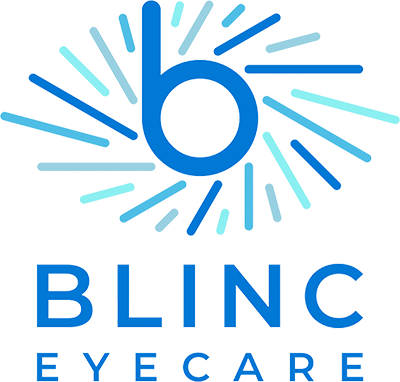 Do you find wearing contact lenses impossible? Are your regular contacts painful or constantly uncomfortable? You are not alone. Due to a variety of factors such as individual eye shape, specific conditions, impairments, or the aftermath of surgery, some patients are considered to have more difficulty wearing contacts than others.
Do you find wearing contact lenses impossible? Are your regular contacts painful or constantly uncomfortable? You are not alone. Due to a variety of factors such as individual eye shape, specific conditions, impairments, or the aftermath of surgery, some patients are considered to have more difficulty wearing contacts than others.
Here at Blinc Eye Care, we specialize in hard to fit contacts cases. We strive to provide the most comfortable and cost effective contact lens for each and every one of our patients. We begin with a specialized fitting to help determine the ideal match for your specific condition. The following conditions may qualify you as a candidate:
- Astigmatism
- Corneal Scarring
- Dry Eyes
- Giant Papillary Conjunctivitis (GPC)
- Keratoconus
- Post-LASIK or other refractive surgery
- Presbyopia (reduced near vision common in individuals ages 40 and over)
Some specialities of our office include Rigid Gas Permeable (RGP), also known as Gas Permeable (GP), lenses as well as scleral contact lenses.
Rigid Gas Permeable Lenses or Gas Permeable Lenses:
RGP lenses are effective for many hard to fit patients. The hard, oxygen permeable material lets the eye breathe and significantly reduces the chance of infection, due to protein deposits that tend to harbor bacteria on soft lenses. RGPs also hold in moisture under the lens to prevent the eyes from drying out.
RGPs are very effective for patients with keratoconus, a condition in which the cornea thins and bulges forward into a cone shape. Due to the nontraditional shape, standard contact lenses can be uncomfortable for you and can create blurred vision. These lenses assist in vision correction for keratoconus, which is often not possible with traditional soft lenses or even eyeglasses.
Scleral Contact Lenses:
Scleral contact lenses are large-scaled gas permeable lenses, mostly used for those patients who have an irregular cornea shape, including those with keratoconus. These are specifically designed to vault over the entire corneal surface and rest on the white portion of the eye, also known as the sclera. This allows for the lens to replace the irregular cornea shape with a perfectly smooth optical surface and correction of visual problems. Sizes of scleral lenses vary. The smallest sclerals are approximately 14.5 mm in diameter, and the largest can be up to 24 mm, whereas most traditional GP lenses are 9.0 to 9.5 mm and only cover 75% of the cornea. Because scleral lenses are designed to vault the corneal surface and rest on the less sensitive surface of the sclera, these lenses are often more comfortable for a person with keratoconus. In addition, scleral lenses are designed to fit with little or no lens movement during blinks, making them more stable on the eye, compared with traditional gas permeable lenses.
Scleral lenses are a good choice for not only patients with keratoconus, but also those experiencing difficulties after LASIK or any other corneal refractive surgery.
If you are interested in wearing contact lenses, please contact us today to request an appointment!
